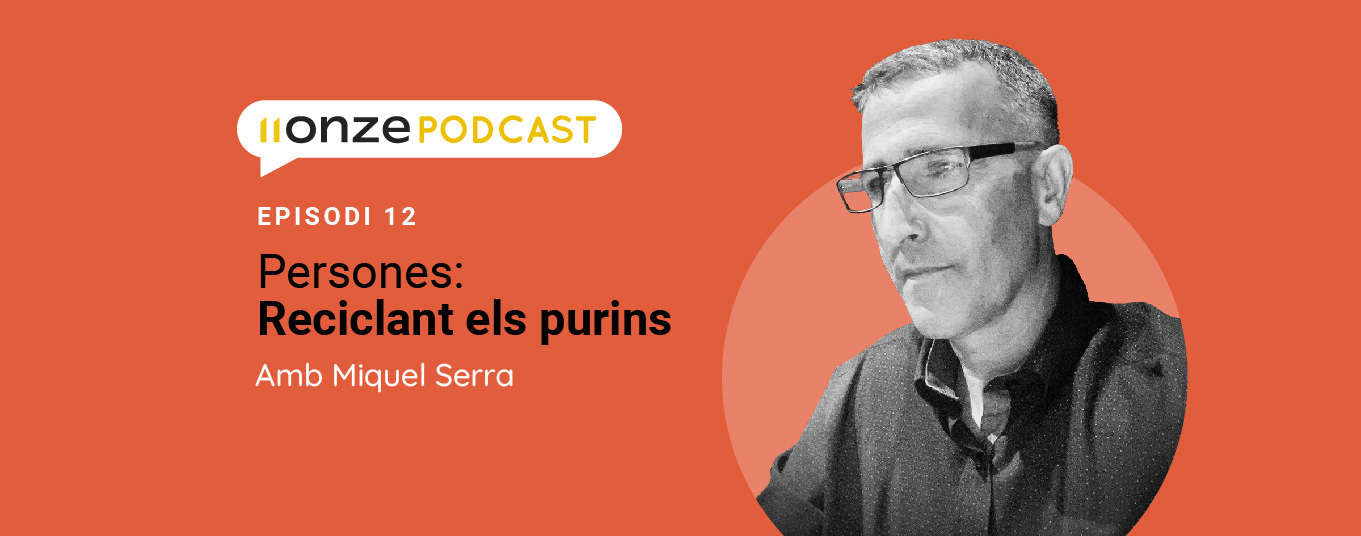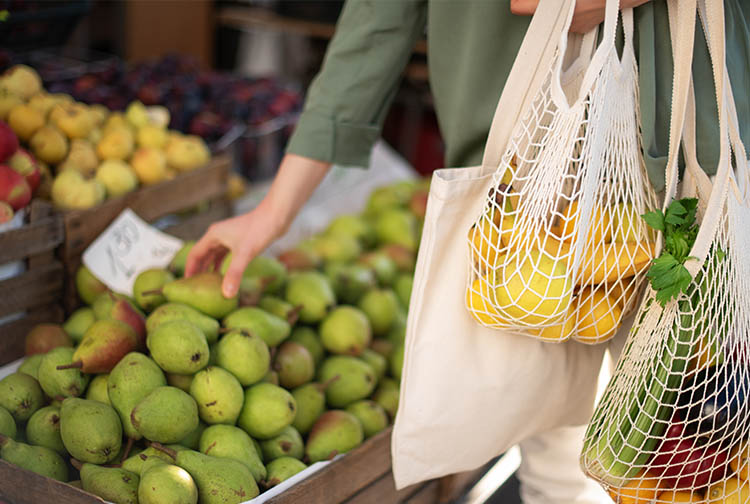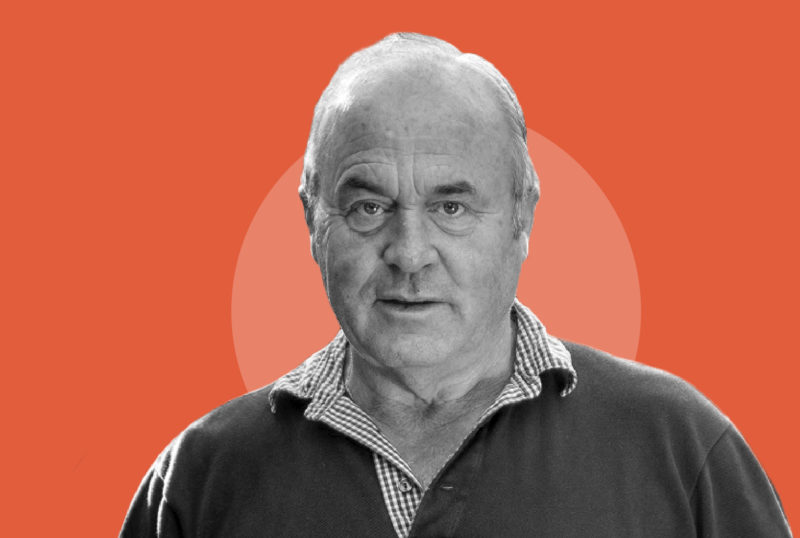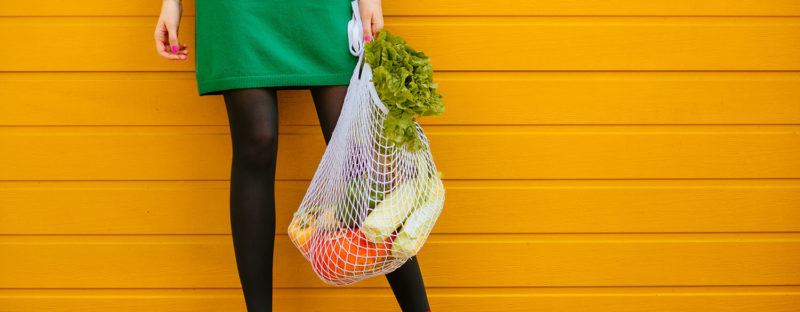

Composting slurry, the sustainable solution
How does livestock management affect the environment? Two livestock associations in Segrià (Lleida) have turned the problem of slurry into a solution. They have created a pioneering composting plant in the country. We talk about it in a new episode of People, with Miquel Serra, one of the promoters of the project.
With no more than 10,000 inhabitants, Alcarràs is the municipality in Europe with the highest density of farms per square kilometre. In total, it has 45,000 steers, 35,000 pig mothers, and some 250,000 fattening cattle. That is why, for the neighbours, the management of the nitrogen produced by the slurry was of the utmost importance to comply with European environmental standards. This is how the composting plant project was born, promoted by the two large livestock organisations in the municipality, to convert the slurry into fertiliser.
And they did it collectively, as Serra recalls. The project cost them 1.5 million euros. “Cattle manure is better managed. And on pig farms, where we have solid and liquid manure separators, we were interested in being able to manage solid manure. The composting plant had to allow us to manage both manures separately, because cattle manure is classified as organic production, and pig manure is not, although it can be used for conventional agriculture,” explains Serra, who is a member of the driving force behind Alcarràs Bioproductors.
An exceptional case
And why aren’t there more composting plants like the one in Alcarràs all over the country? “Until now, all composting plants have been set up by people who wanted to do business. And one way was to manage other by-products that are difficult to treat and for which the businesses paid the composting plants. This is what made them viable”, explains Serra.
On the other hand, in Alcarràs they wanted a manure and slurry composting, without looking for profitability first, but rather the environmental benefit and the continuity of their farms, and this makes it a unique case in Spain. “We have to think that our business is to produce meat”, argues the promoter, who explains that, nevertheless, there are already three multinationals that have shown interest in buying the compost they will produce. “In the end, we are convinced that we will manage to make it viable”, he acknowledges.
As for financing, they have not yet considered European funds, because the initiative was born before, but Serra explains that they feel very supported by the Department of Agriculture and the Diputació de Lleida. “Through the BioHub Km 0 project, designed to reactivate the economy of the area, we have been able to manage a small grant that allows us to be more ambitious,” explains Serra. In fact, the composting plant is just the first step towards a larger circular and sustainable economy project. The idea is to generate an alternative that allows us to conserve and value the talent of the territory. Turning slurry into compost may be the ultimate sustainable solution, but more uses are still being investigated. For example, cellulose can be extracted from manure and used to make fabrics. Perhaps the future of sustainable fashion will be to wear clothes made out of manure.
11Onze is the fintech community of Catalonia. Open an account by downloading the super app El Canut on Android and Apple and join the revolution!






Fant*astica iniciativa, m’encanta. Si no fos pels polítics poder si que seriem la Dinamarca del sud….
Podria ser… Moltes gràcies pel teu comentari, Carme!!!
Fantàstica iniciativa. Tant de bo es pogués implantar a tot l’àmbit rural d’explotacions porcines, com l’Alt Empordà, a on a hores d’ara, els alts valors de nitrats que conté l’aigua potable d’algunes poblacions, com la meva, la converteix en no apta pel consum a boca, amb un alt risc per a la salut.
Gràcies!
Anna, sempre es pot estudiar la possibilitat, mai se sap! Gràcies per seguir-nos i pels teus comentaris. Ens seguim veient a La Plaça!
Molt bona iniciativa, tant debò cualli arreu del territori
Gràcies pel teu comentari, Manuel!
Força interessant. Llàstima que moltes bones idees quedin, sovint, pel cami!!!
Esperem que aquest que està força avançat sigui una realitat. Gràcies Santiago.
Molt interessant, l’enginy i el talent a l’avantguarda.
Gràcieis, Pere
Ok 👍
Gràcies pel teu comentari Josep!
Quan es vol es fa economia circular,felicitats
Com tot, Alícia. Moltes gràcies pel teu comentari!!!
👏
Gràcies, Daniela!!!
👌
Gràcies Joan.